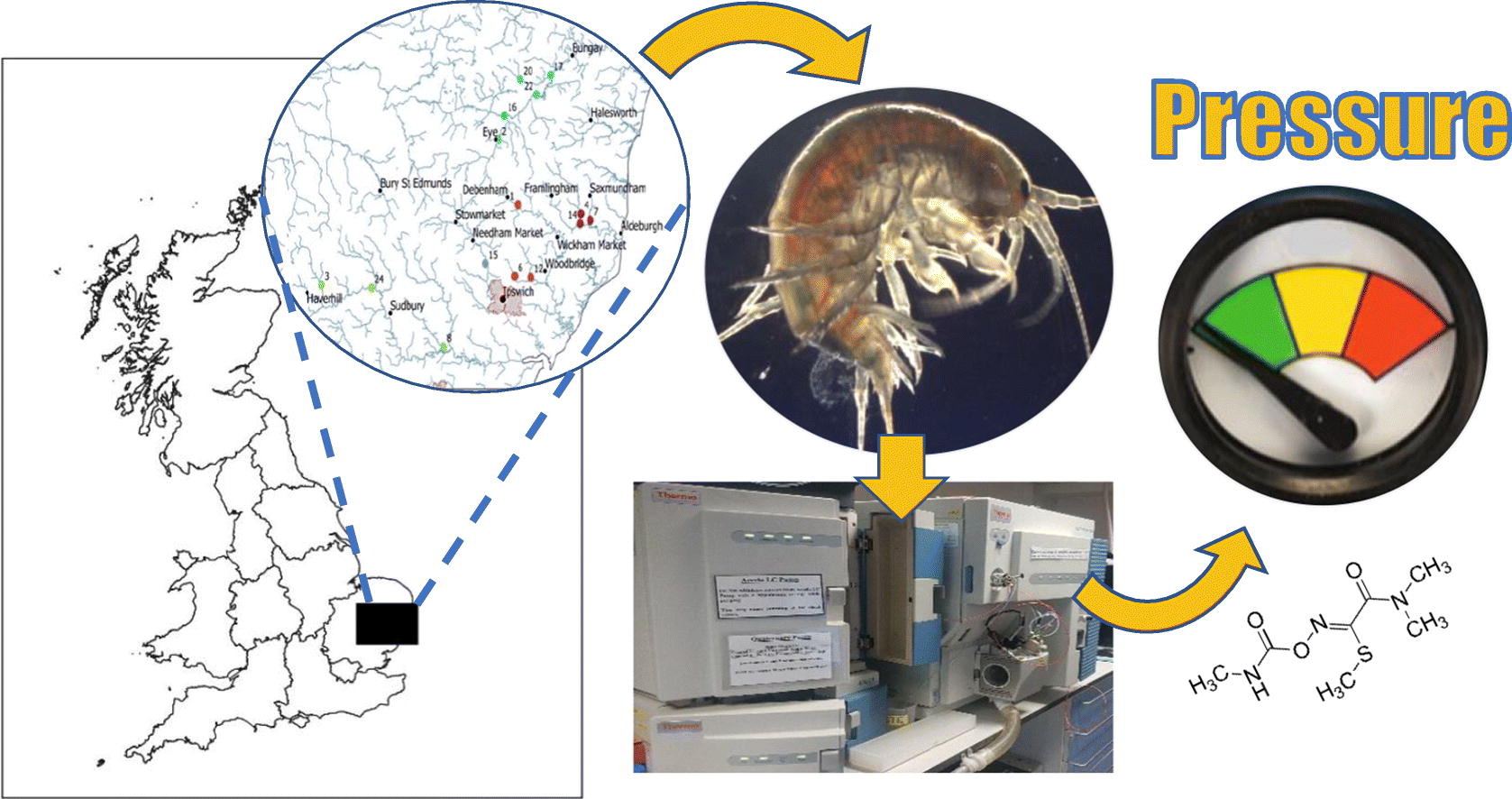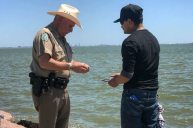A study found cocaine to be the most common drug discovered in tested shrimp from parts of the UK.
Newsweek is reporting on a recent study that determined cocaine to be the most prevalent drug in shrimp tested from 15 river sites in July of 2018. The study was investigating the contamination of wildlife with certain drugs, and cocaine was the highest recorded substance, followed by anesthetic lidocaine, an agent used by drug dealers to bulk up cocaine.
Scientists behind the study, published in Environment International, believe the cocaine entered the water through leakages or overflows from sewers, and led to traces of contamination in every shrimp they tested.
Pesticides that have been banned in the UK were discovered, along with ketamine (an animal tranquilizer used as a party drug) and Tramadol. The testing was done on a freshwater shrimp found in most of Europe, not the kind of shrimp you'd find on a dinner plate.
All the same, it's a bit alarming that cocaine was found in 100% of the samples. Further research as to exactly why, and at what rate, these aquatic animals are being affected is being called upon.
"Such regular occurrence of illicit drugs in wildlife was surprising," said Dr. Leon Barron, senior lecturer in forensic science at King's College London and co-author of the study.
The 15 sample testing sites were spread across five river catchments in the rural areas of Suffolk on the east coast of England. They included Gipping, Alde, Deben, Stour and Waveney.
"Environmental health has attracted much attention from the public due to challenges associated with climate change and microplastic pollution. However, the impact of 'invisible' chemical pollution (such as drugs) on wildlife health needs more focus in the UK as policy can often be informed by studies such as these," said study co-author professor Nic Bury from the University of Suffolk.
NEXT: USFWS: PLEASE DON'T RELEASE YOUR BALLOONS





